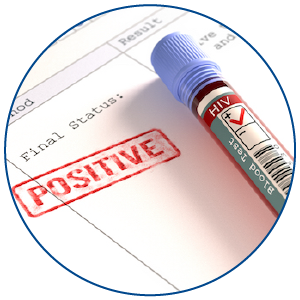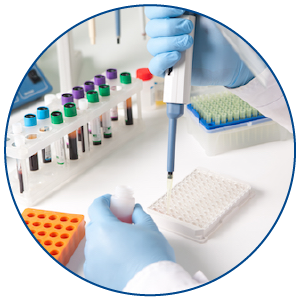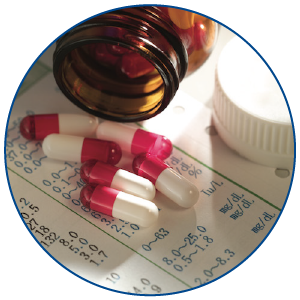
Symptoms
The incubation period for genital herpes is normally 14 days or within 14 days.
First outbreak
Many people will not have any visible signs or symptoms at all, or not be aware of them. Some people will get symptoms within 4-5 days of coming into contact with the virus. In other people, the virus may be in the body for several weeks, months or possibly years before any signs or symptoms appear. Therefore, when you get symptoms, it doesn’t necessarily mean you’ve only just come into contact with the virus. If you do get signs or symptoms, they usually follow a pattern. You may have some or all of the following:
- Feeling generally unwell with flu-like symptoms such as fever, tiredness, headache, swollen glands, aches and pains in the lower back and down the legs or in the groin. This will be followed by:
- Stinging, tingling or itching in the genital or anal area
- Small, fluid-filled blisters anywhere in the genital or anal area, on the buttocks and the tops of the thighs. These quickly burst within a day or two leaving small red sores which can be very painful
- Pain when passing urine (peeing) caused by the urine flowing over the sores
Recurrent genital herpes
Signs and symptoms of recurrent outbreaks are usually milder than with the first outbreak and clear up more quickly (in about a week). There is often an early warning tingling sensation and you may get a flu-like illness before an outbreak. The blisters and sores are usually fewer, smaller, and less painful and heal more quickly. They normally appear in the same part of the body as in previous outbreaks but in some people, they may appear nearby.




